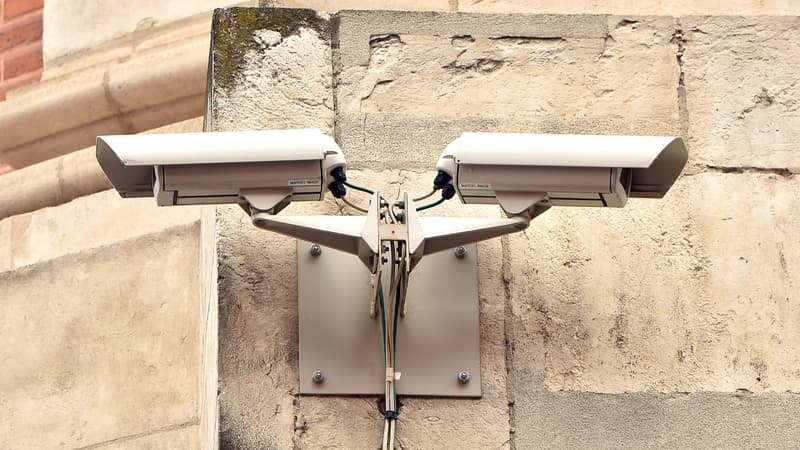“We are going to generalize the method tested during the Olympic Games.” During his general policy speech on 1 October, Prime Minister Michel Barnier returned to his security ambitions. Although it did not openly refer to algorithmic video surveillance, tested during the 2024 Olympic Games, it is this tool that is at stake, the Ministry of the Interior specifies to Tech&Co, confirming the information from Franceinfo.
Let us remember that algorithmic video surveillance consists of adding artificial intelligence software responsible for analyzing video surveillance images in real time, to detect, for example, a group of people or suspicious behavior. However, the tool does not include facial recognition, which involves accurately identifying a filmed individual.
An evaluation report before the end of the year
Its use had been authorized, as an experiment, for the 2024 Olympic Games, in a specific law, adopted in early 2023. According to the text, algorithmic video surveillance could be tested until March 31, 2025. The law also imposes the presentation by the government to Parliament of an “evaluation report on the implementation of the experiment”, before the end of 2024. A document that the government will therefore not have waited to decide if this new tool will be permanent after the next month of March.
By generalizing algorithmic (or “intelligent”) video surveillance, the government responds favorably to the request of the prefect of Paris, Laurent Núñez. During a hearing before the Law Commission of the National Assembly on September 25, he personally gave a favorable assessment of this tool, deployed in a dozen places during the Olympic Games. Without this entailing any arrest, he specified.
In September 2023, the former Minister of Sports, Amélie Oudéa-Castéra, was already considering a generalization, although she assured that it would not be decided “without a precise and transparent evaluation of its effectiveness.” A position aligned with that of the CNIL, which was in favor of such a tool, as long as the effectiveness of the augmented cameras can be “proven” and “their use is necessary.”
“An uncontrolled spread of these devices, by nature intrusive, would lead to a risk of widespread surveillance and analysis in public spaces,” warned the CNIL, recalling that the adoption of a new law, as planned by the government, is essential.
Source: BFM TV


